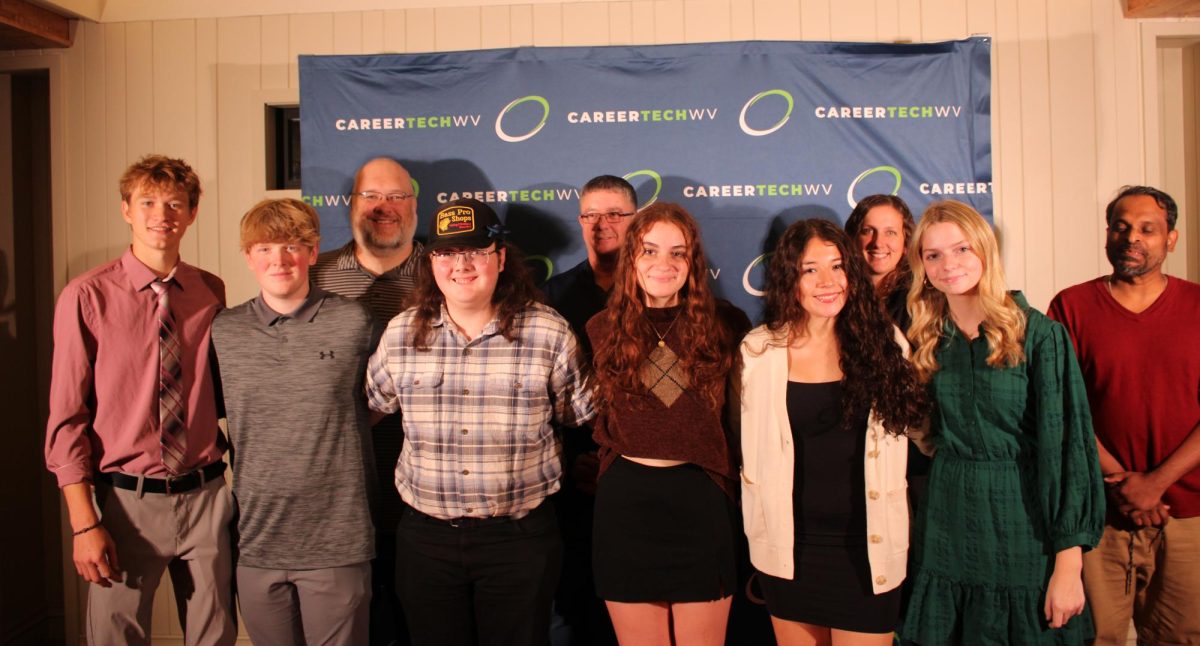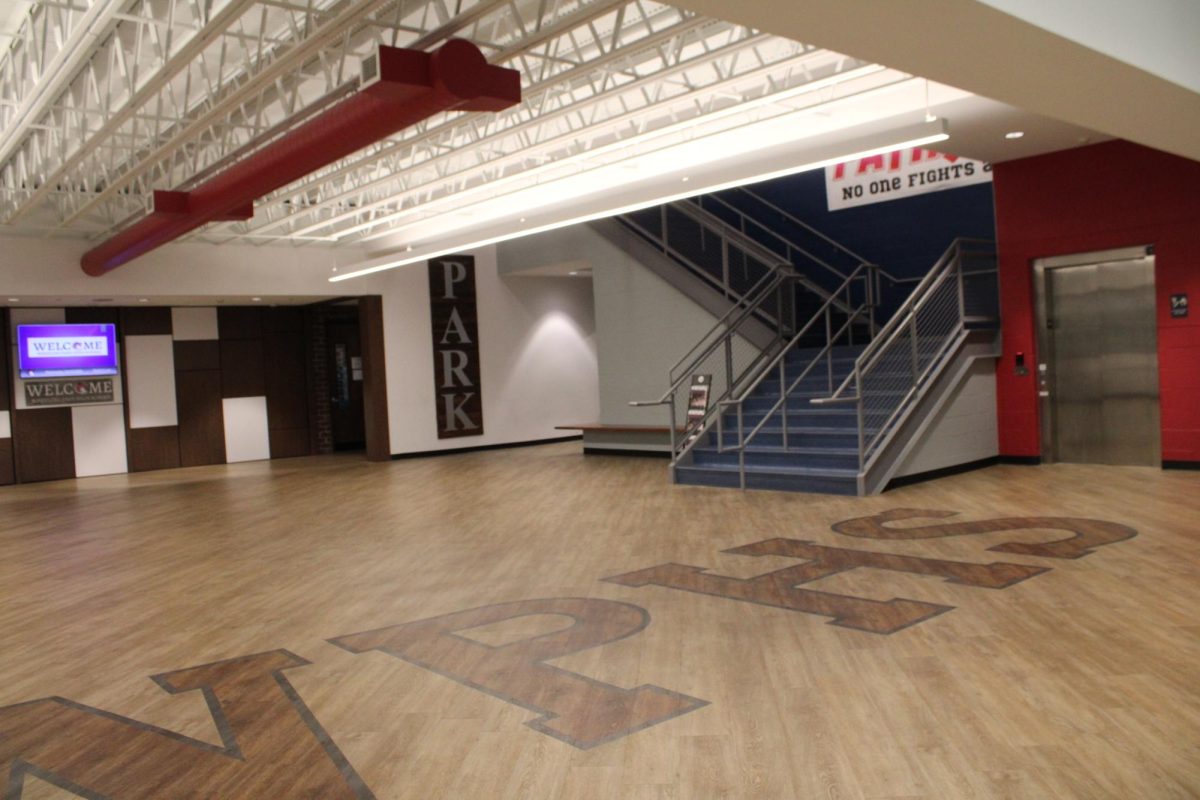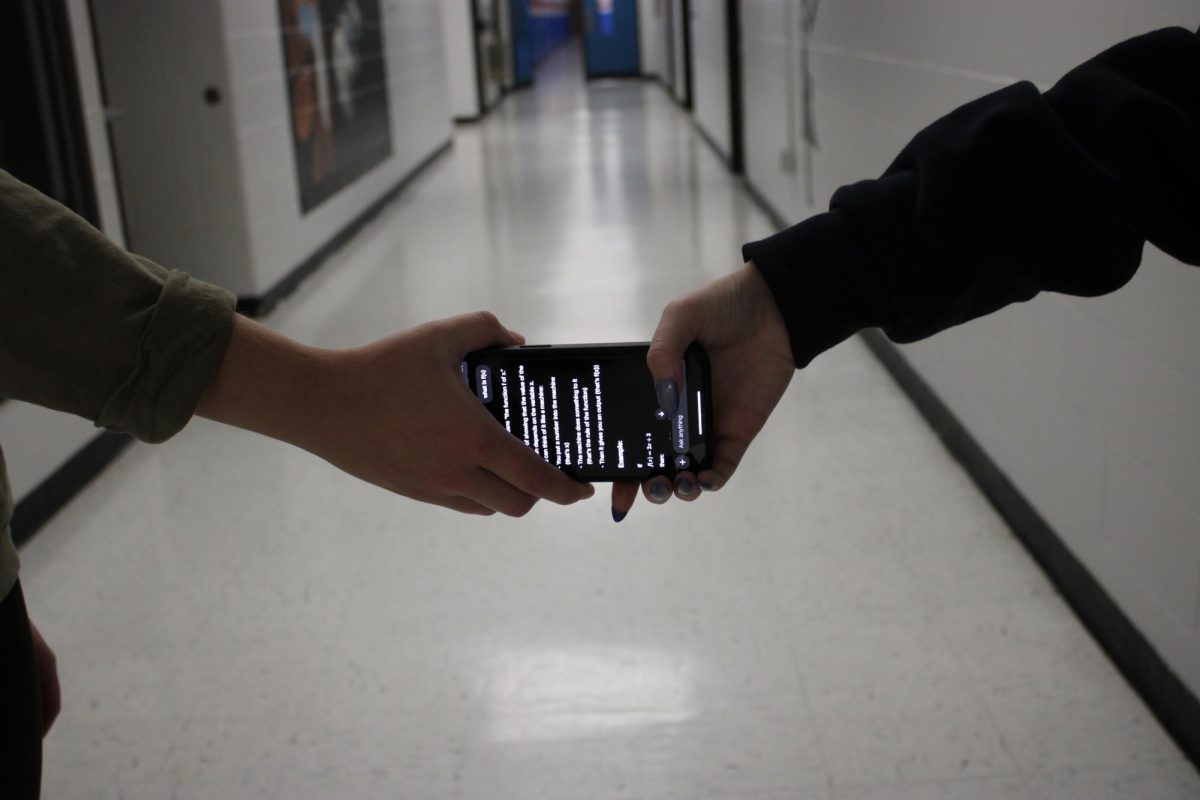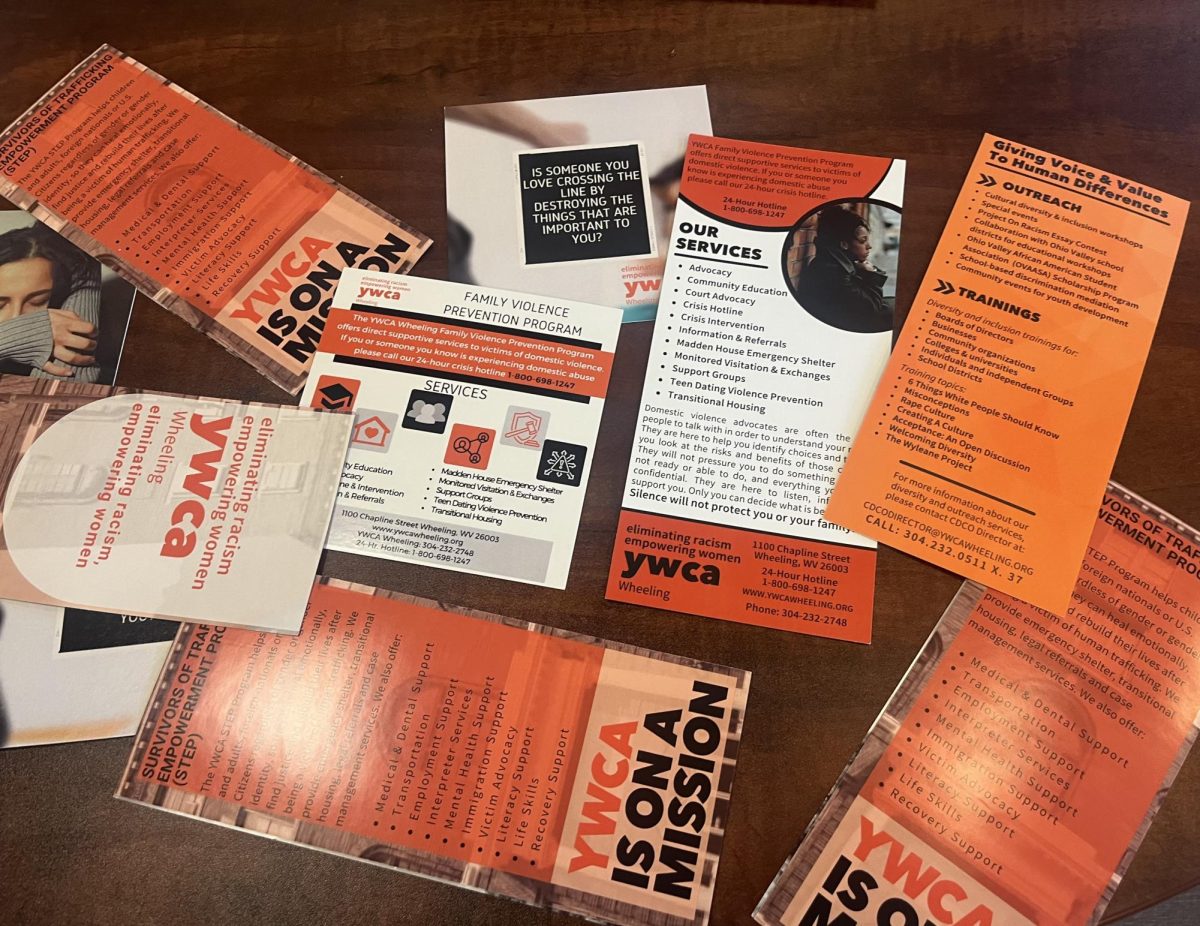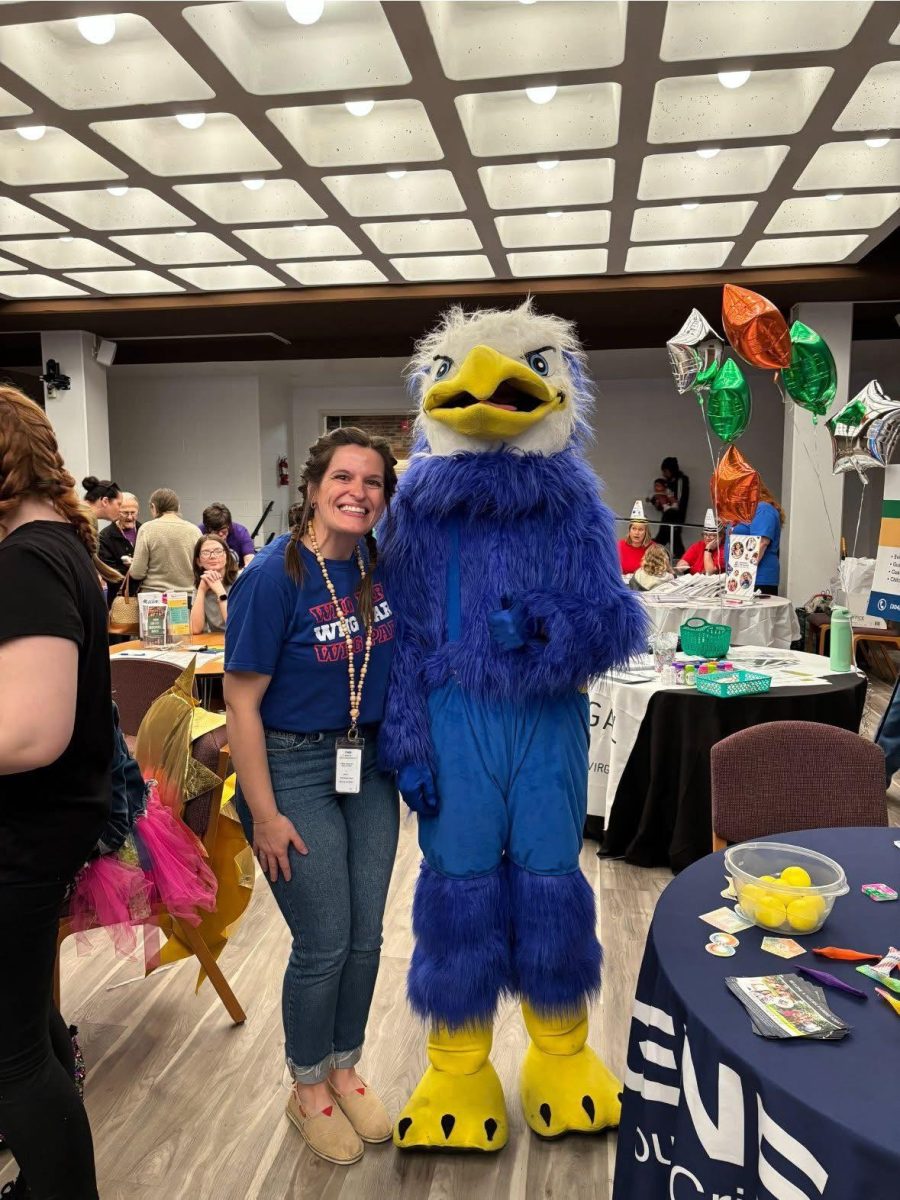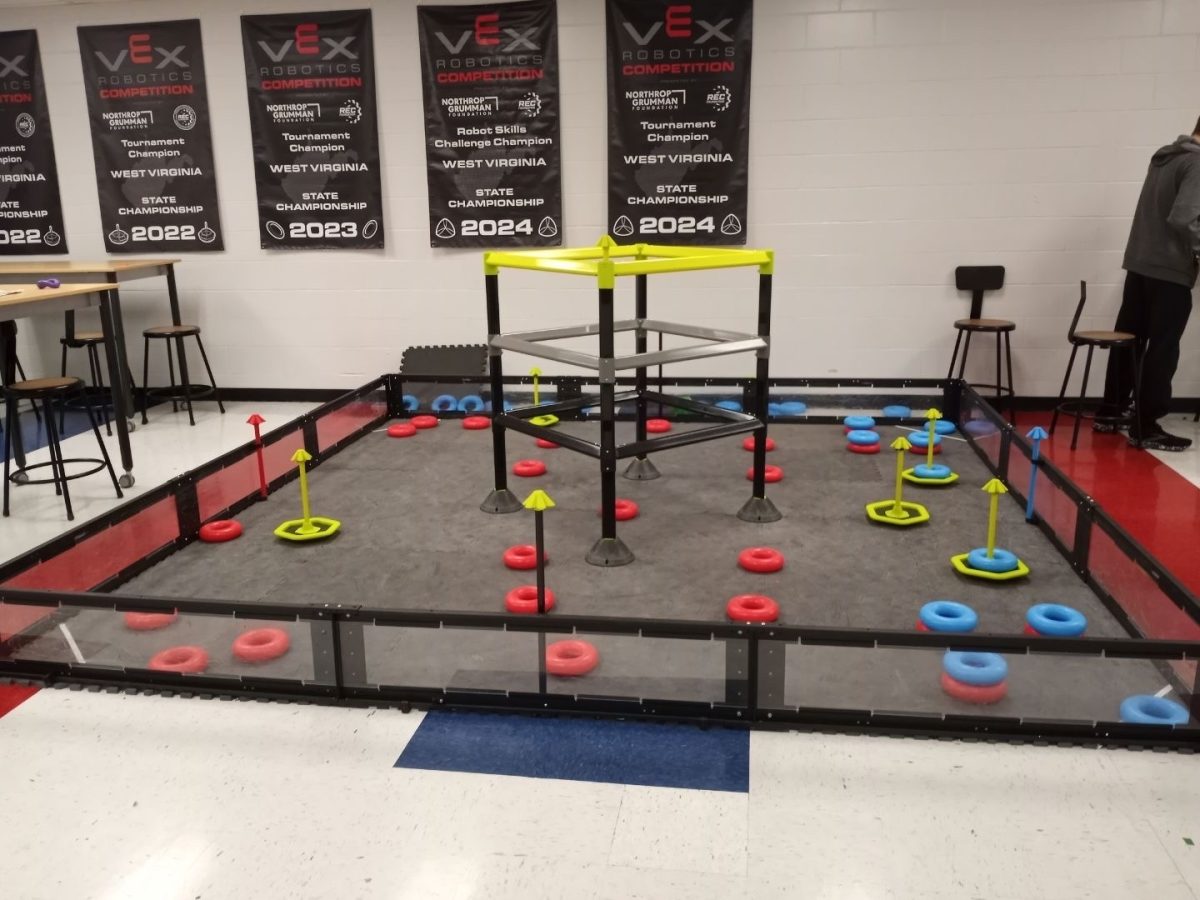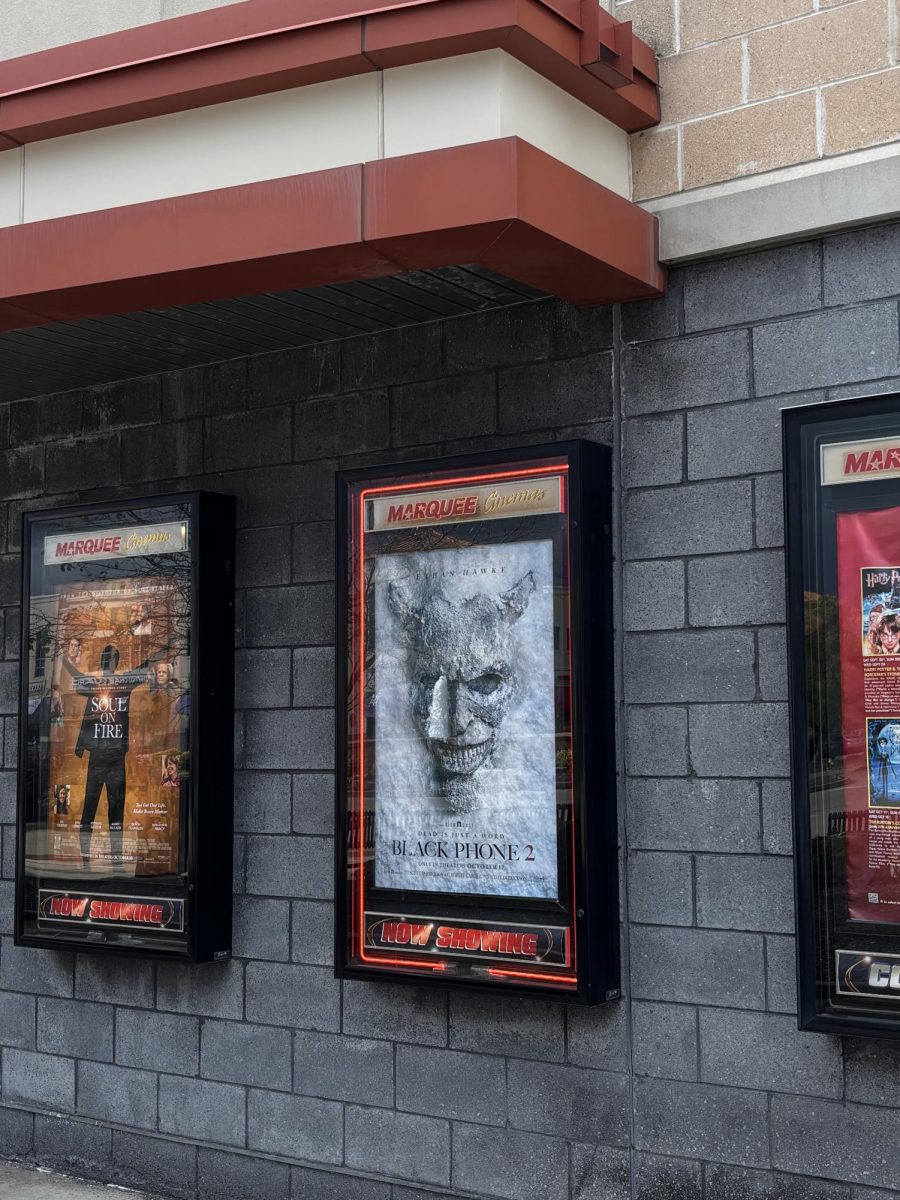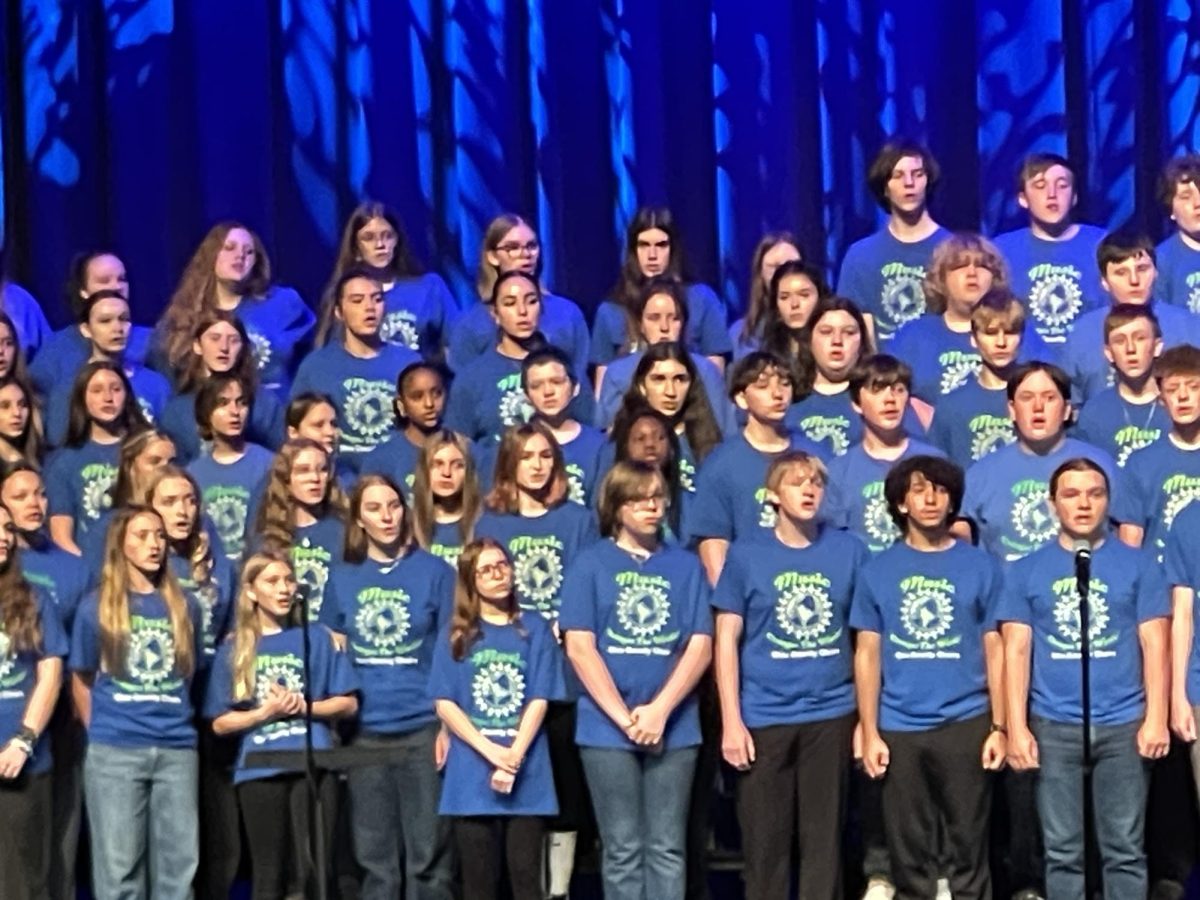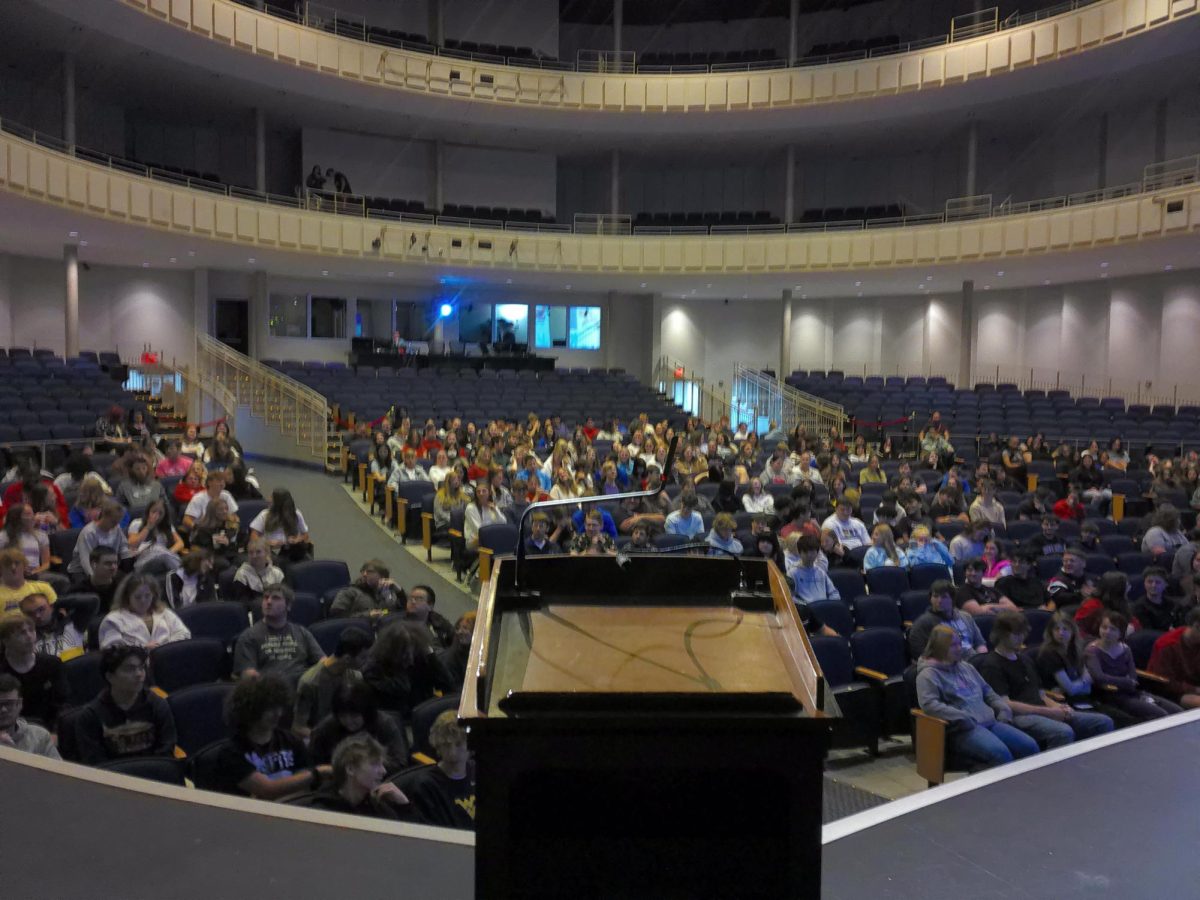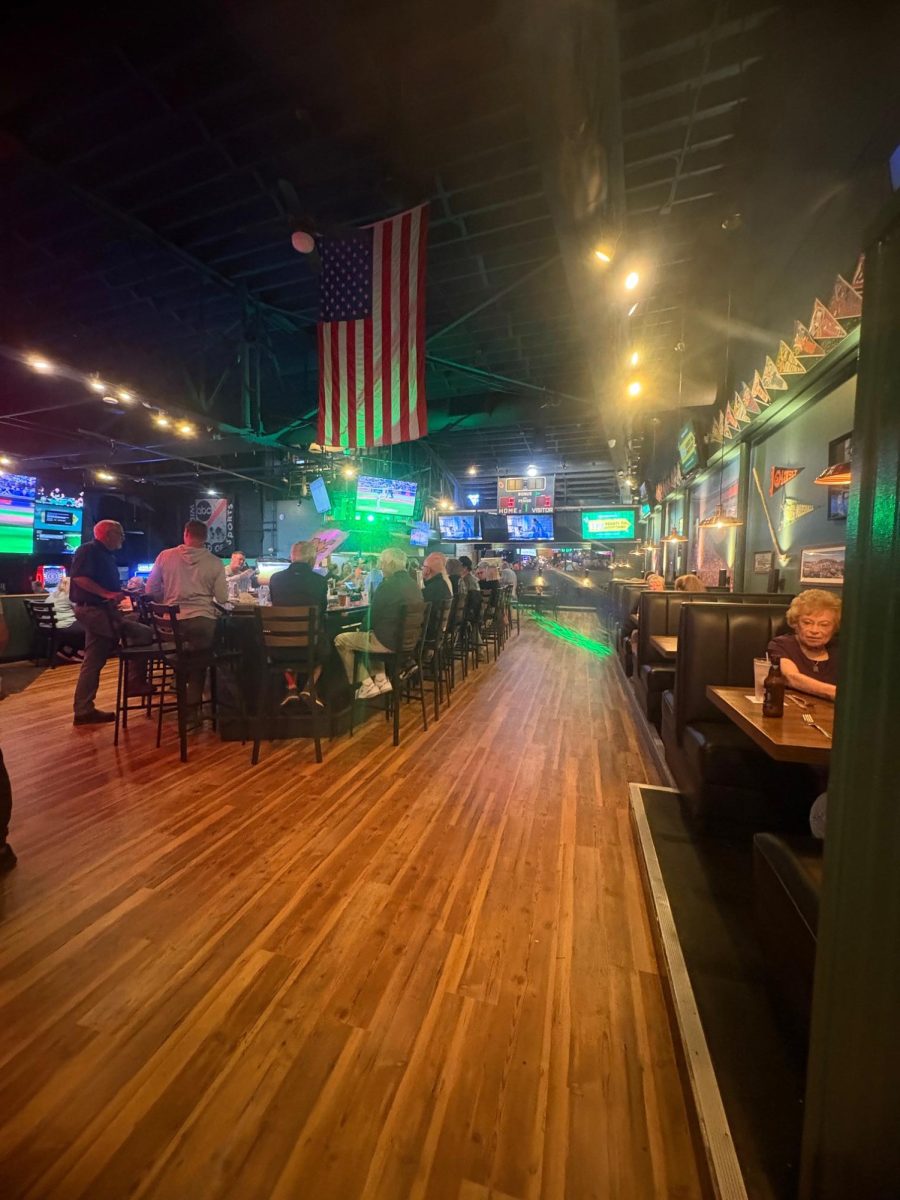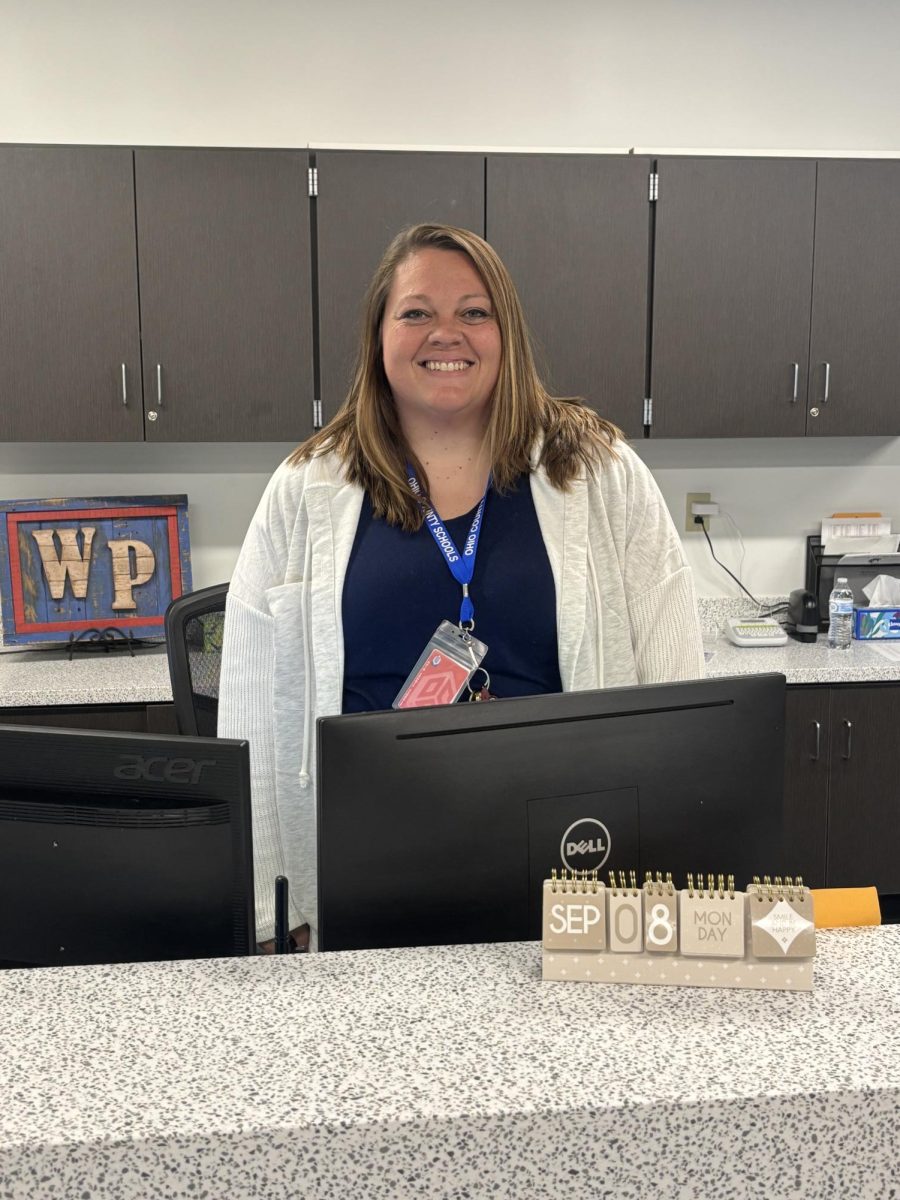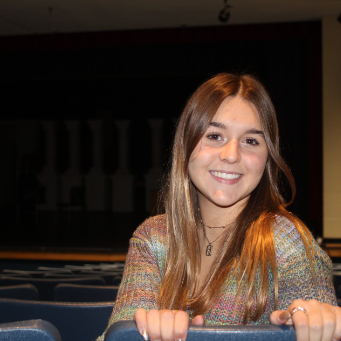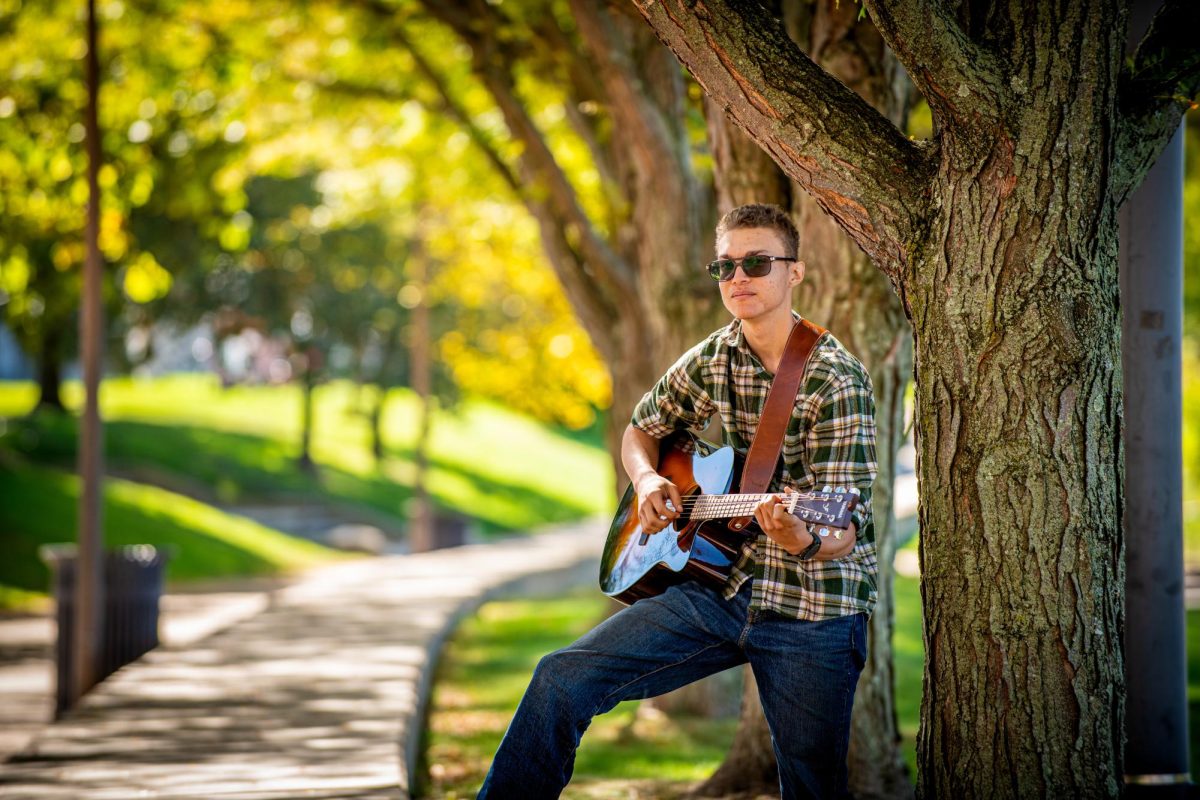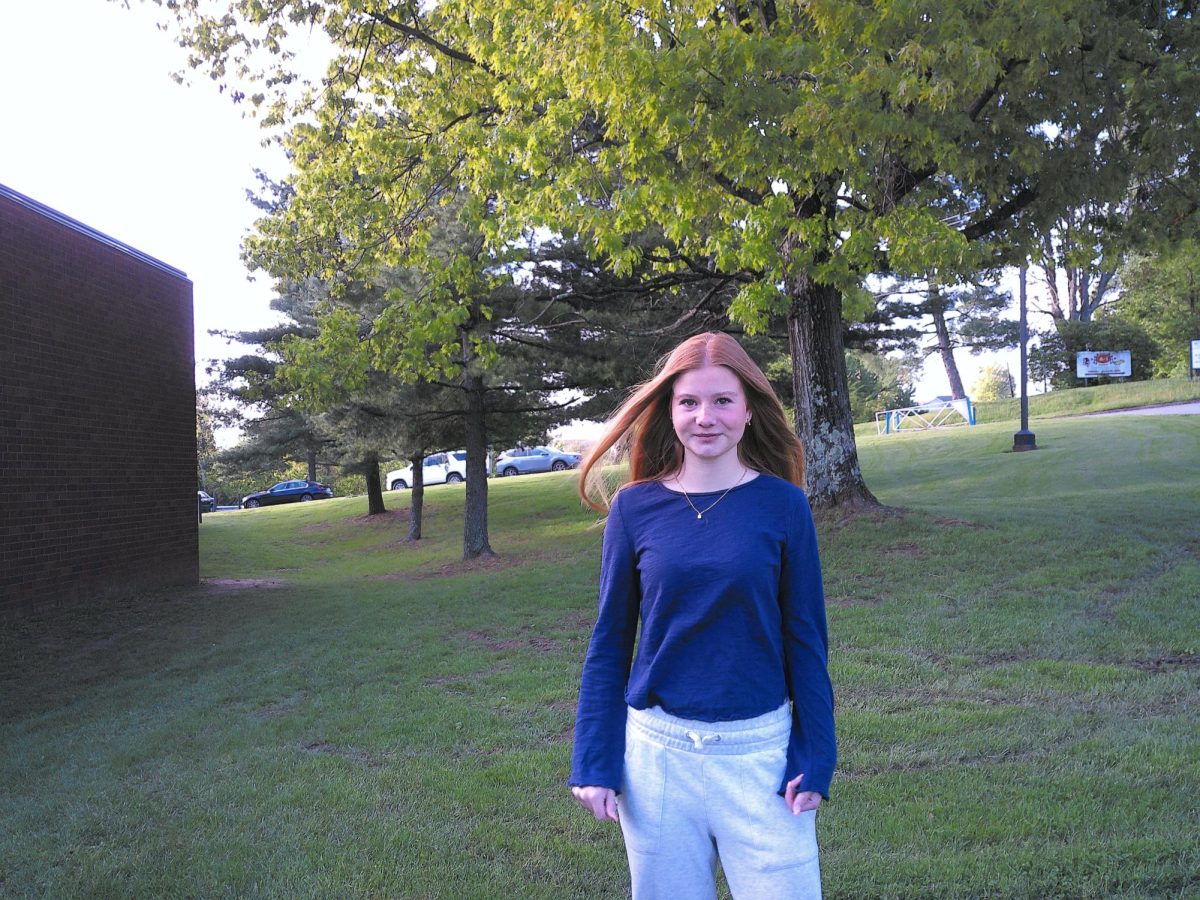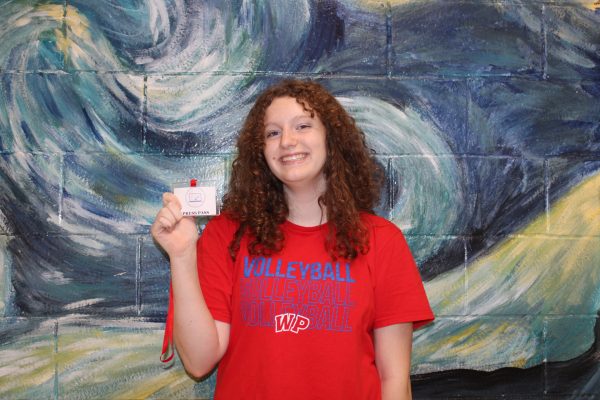When most people think of individuals who suffer from homelessness, they think of people living in tents, begging for food and money. One thing most people don’t think about is the medical attention people suffering from homelessness desperately need, whether it’s something as small as dealing with a small infection or a life-threatening disease. Doctor Thomas Wack is one of the leading doctors of an organization called Project Hope that helps deliver free medical attention to the homeless population in Wheeling.
After retiring, Dr. Wack felt that he still wanted to help out, medically, in some way to the community.
“I returned from my office practice and wasn’t ready to totally stop practicing medicine, and I always wanted to do street medicine. [Project Hope is] the only street medicine organization in Wheeling. And I knew that it had just started and Dr. Mercer needed some help,” said Wack.
Street medicine is much different than practicing medicine in a private practice or hospital. Not only is caring for patients in the environment that they live in much different, but the patients themselves suffer from injuries that most medical professionals are not used to in their day-to-day schedules.
“The patients I take care of are usually experiencing homelessness, they don’t have regular medical care, and they probably have mental challenges and addiction challenges,” said Wack.
Because many of the patients are suffering or recovering from drug addiction, Project Hope also does needle exchanges and delivers food and water as well as medical care.
“[Needle exchanges] are for people addicted to IV medications,” said Wack. “In order to keep them from getting hepatitis or HIV, they can exchange their dirty needles for a clean one. It is known as a harm-reduction effort.”
Practicing street medicine within the homeless community, at times, can be especially grueling.
Wack said, “The hardest thing is finding someone who is severely ill or passed away in a tent or dealing with someone having behavioral problems.”
Although it can be difficult to see firsthand the harsh conditions these people live in, it can be really rewarding to see the progress that the medical volunteers have contributed.
“Definitely people do get better, and it’s often associated with having gotten help from a group like ours so that they can get over an illness, addiction, housing, and get them out of the situation they were in,” said Wack.
Even though some people in Wheeling are still suffering from homelessness, people like Dr. Wack are the reason that they can suffer a little less.

